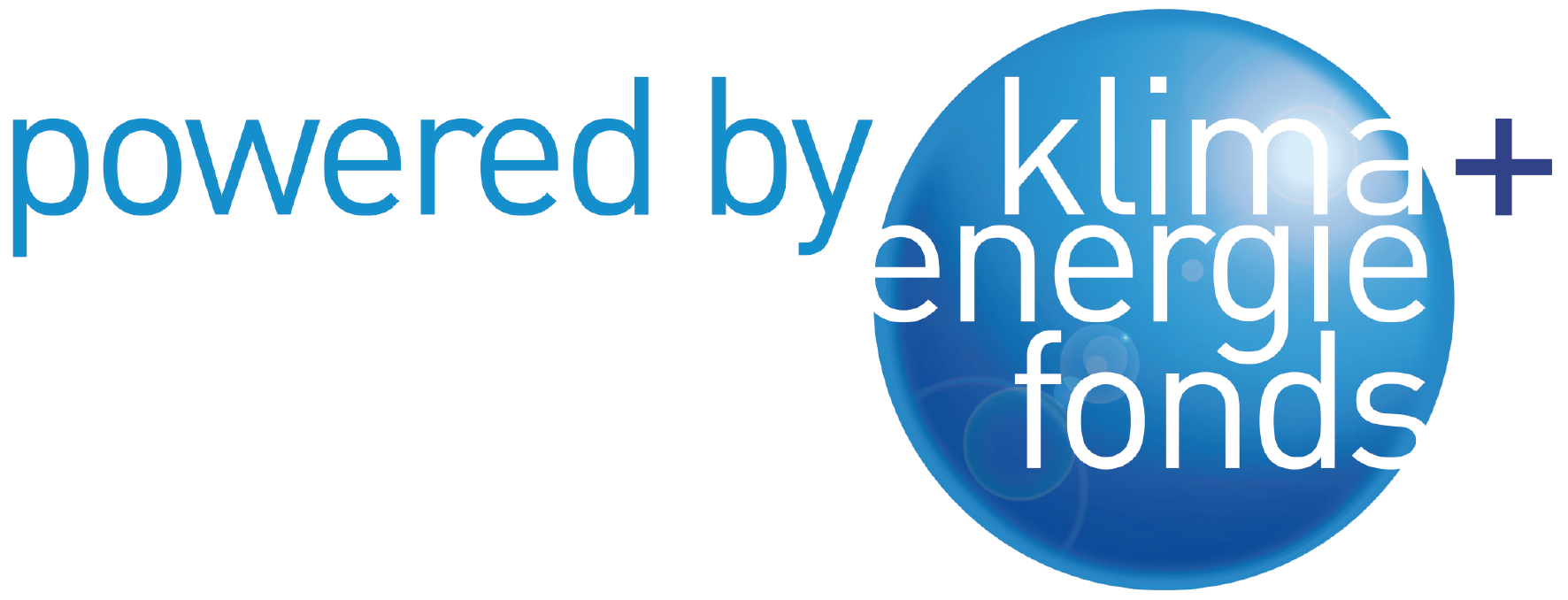- About us
- Research expertise
- DIGITAL – Institut für Digitale Technologien
- MATERIALS – Institut für Sensorik, Photonik und Fertigungstechnologien
- ROBOTICS – Institut für Robotik und Flexible Produktion
- COREMED – Zentrum für Regenerative Medizin und Präzisionsmedizin
- HEALTH – Institut für Biomedizinische Forschung und Technologien
- LIFE – Institut für Klima, Energiesysteme und Gesellschaft
- POLICIES – Institut für Wirtschafts-, Sozial und Innovationsforschung
- Business areas
- Products & services
- Research infrastructure
- Beteiligungen
- Career
- Aktuelles
- Publications
- Kontakt zu uns
ACCORD: Common understanding as an initiator for local climate protection measures
Duration:
10/2022
—
09/2024
Total Project Duration
2 Years

The project
ACCORD aims to promote more ambitious and accelerated climate protection measures at local level, as emphasised in international (Paris Agreement, Sustainable Development Goals), national (e.g. Austrian Climate and Energy Strategy) and regional (e.g. Lower Austria Climate and Energy Programme) policies. Thus, the project contributes to an existing scientific as well as an identified practical gap.
Our activities in the project
In ACCORD, we use a transdisciplinary case study approach to compare selected municipalities receiving an experimental participatory intervention with similar, neighbouring municipalities as a control group. Apart from determining how well the climate risk assessments held by local stakeholders are currently aligned, the insights gained will be put into practice in an experimental co-creation approach.
Research groups
Downloads
Customers
Klima- und Energiefonds
Project partner
Universität für Bodenkultur (BOKU)
Energiepark Bruck/Leitha
Details of the project
The urgent need for local climate action presents a strong contrast to the fact that only 11-50% of Austrian municipalities participate in the Austrian policy instruments for climate model regions. ACCORD investigates whether maladaptive behaviour or climate inactivity can be overcome by building a common understanding of climate risks and coping options among local stakeholders. ACCORD uses a new approach to analyse how local actors coordinate with each other. This consists of combining protection motivation theory with climate governance approaches in selected case study regions in order to improve the acceptance and effectiveness of climate policy instruments. The multi-actor perspective expands the focus from the administrative level and identifies relevant actors (from local politics, civil society and business) that create a specific local governance arrangement.
Funding
Project participants
Related projects
Miteinander zukunftsrelevant
Die JOANNEUM RESEARCH ist Innovations- und Technologieanbieter im Bereich der angewandten Forschung. Als Forschungsgesellschaft der Länder und Regionen prägen wir mit unseren Forschungskompetenzen die Entwicklung unserer modernen Gesellschaft und Wirtschaft nachhaltig und menschenzentriert. Als multidisziplinäres Team in flexiblen, innovationsfreundlichen Strukturen leben wir höchste gesellschaftliche und wissenschaftliche Ansprüche.


